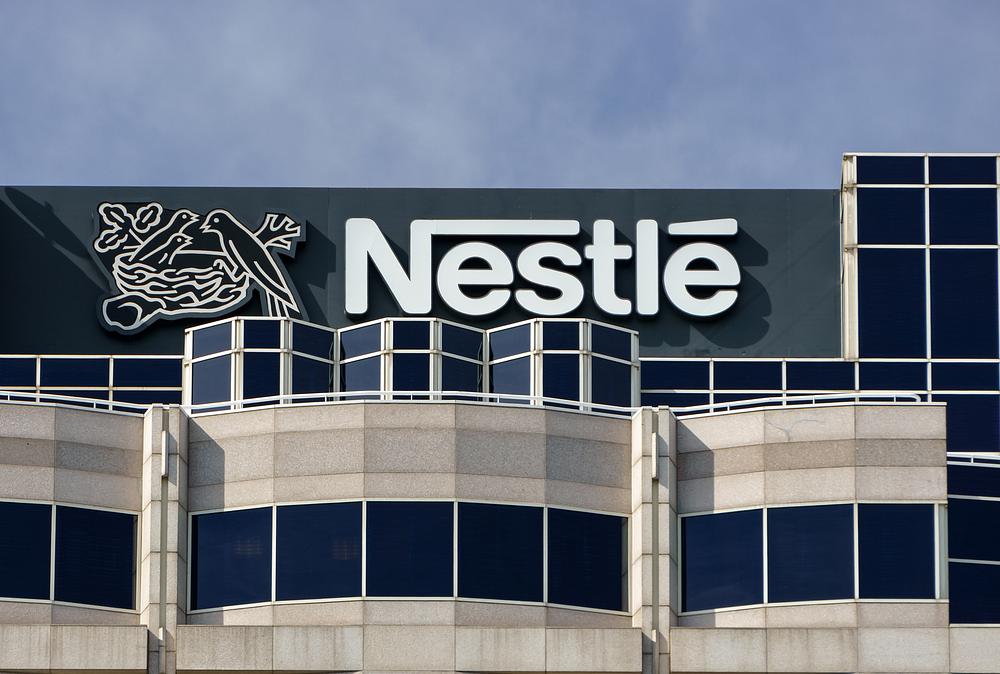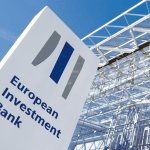Nestlé Withdraws from Global Dairy Methane Alliance Amid Broader Corporate Climate Retrenchment

• Nestlé exits the Dairy Methane Action Alliance, joining a wave of corporate withdrawals from voluntary climate initiatives.
• The alliance, launched in 2023 by the Environmental Defense Fund (EDF), seeks to cut methane from dairy supply chains — a key source of agricultural emissions.
• Nestlé maintains its 2050 net zero target and reports a 21% methane reduction since 2018, but the move raises questions over corporate alignment on food-sector decarbonization.
Nestlé Steps Away from Global Methane Pact
Nestlé has withdrawn from the Dairy Methane Action Alliance, a global initiative aimed at cutting the climate footprint of dairy farming. The Swiss food group confirmed its exit on Wednesday, saying the decision followed a routine review of its memberships in external organizations.
The alliance — launched in December 2023 by the U.S.-based Environmental Defense Fund — brought together major dairy buyers including Danone, Kraft Heinz, and Starbucks. Members had committed to publicly disclose methane emissions across their dairy supply chains and to set reduction plans over time.
Nestlé offered no direct explanation for its withdrawal but emphasized that it remains committed to reducing greenhouse gas emissions across its operations and supply chains, reaffirming its goal of reaching net zero by 2050.
“Nestlé regularly reviews its memberships of external organizations,” the company said in a statement. “As part of this process, we have decided to discontinue our membership of the Dairy Methane Action Alliance.”
Methane Reduction: Central to Dairy Sector Climate Goals
Methane is one of the most potent greenhouse gases, trapping heat roughly 28 to 30 times more effectively than carbon dioxide over a 100-year period, according to the U.S. Environmental Protection Agency. Agriculture accounts for around 40% of human-caused methane emissions, with livestock representing the majority share.
The EDF designed the alliance to push dairy buyers and producers to take responsibility for emissions linked to enteric fermentation and manure management — two of the most challenging sources to abate. Participating companies were expected to integrate emissions tracking into procurement systems and adopt verified mitigation technologies.
Nestlé said in its latest non-financial report that it has already achieved a nearly 21% reduction in methane emissions from its 2018 baseline. Its withdrawal, however, highlights the growing fragility of voluntary corporate climate alliances at a time when investor and political scrutiny is intensifying.
Climate Alliances Under Pressure
Nestlé’s exit comes amid a broader retreat from multilateral climate initiatives by major corporations, particularly in the U.S. financial and energy sectors. Several banks have departed from global alliances focused on aligning lending portfolios with net zero pathways, citing governance, legal, or competitive concerns.
The shift has coincided with a political backlash against ESG initiatives in several jurisdictions and the rollback of federal climate programs in the United States under President Donald Trump.
For companies like Nestlé — which operates complex, agriculture-heavy supply chains — the balance between transparency, regulatory alignment, and voluntary collaboration has become increasingly difficult to maintain.
“The Dairy Methane Action Alliance was built to drive credible, transparent progress on a key climate issue,” said one environmental advocate familiar with the group. “When major members leave, it risks slowing collective momentum and undermining investor confidence in the sector’s decarbonization strategy.”
RELATED ARTICLE: Nestlé Transforms Cocoa Husks into Low-carbon Fertilizer
What Executives and Investors Should Watch
Nestlé’s decision may prompt a reassessment of how global food companies engage in methane management frameworks. While the company’s direct emissions performance shows measurable progress, collective action remains critical for scaling solutions across fragmented agricultural systems.
Methane reduction has become a strategic priority for both governments and investors seeking rapid climate gains. The Global Methane Pledge — signed by more than 150 countries — aims to cut global methane emissions by 30% by 2030. Dairy and livestock companies are seen as pivotal in achieving those targets.
The company’s name has already been removed from the alliance’s main website, though it remains listed on other EDF materials — a quiet but visible marker of shifting corporate alignments.
Nestlé’s continued adherence to its internal methane goals will be closely watched by regulators, investors, and peers as the company navigates an increasingly fragmented landscape of climate accountability.
The episode reflects a wider question for global business: whether voluntary climate coalitions can maintain coherence and credibility as political and market pressures reshape the ESG landscape.
Follow ESG News on LinkedIn












